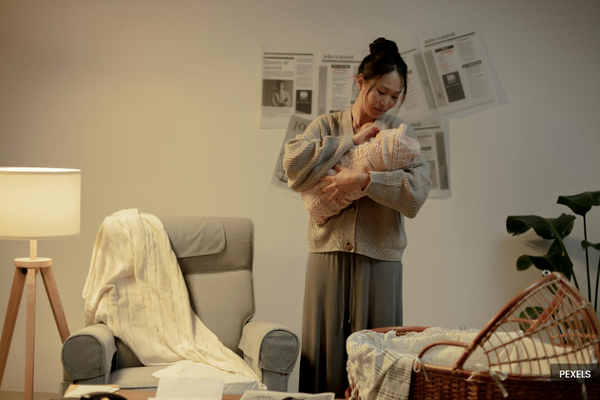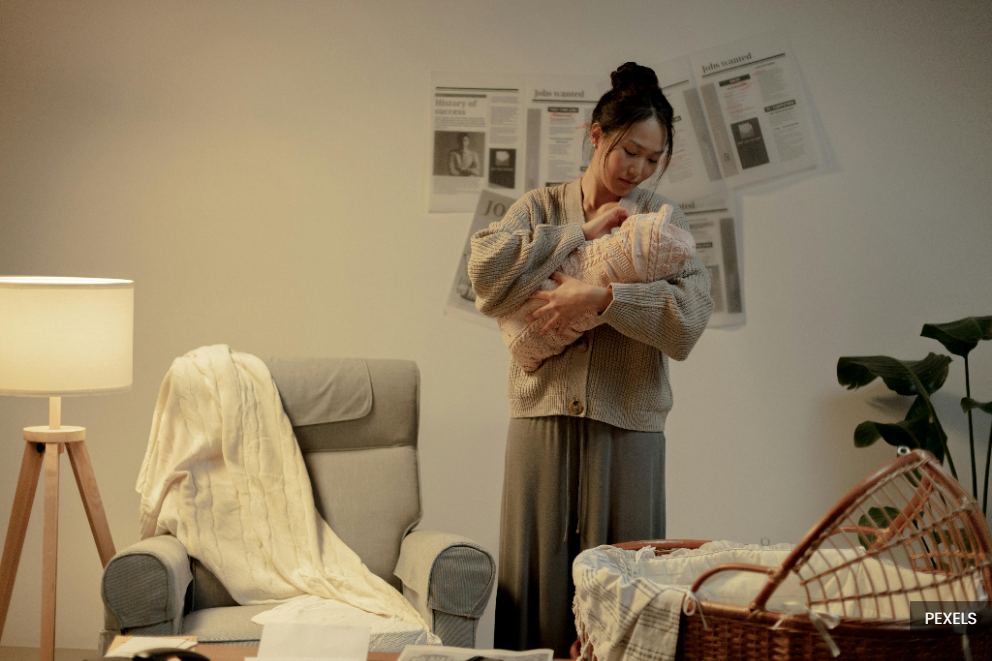SHAH ALAM, Sept 14 — With Malaysia’s Chinese population projected to decline steadily over the coming decades, several Chinese clan associations have begun offering incentives in hopes of encouraging younger couples to have more children.
Yet the response has been lukewarm at best, with applications still low year after year.
Leaders of Chinese associations in Selangor expressed growing concern and acknowledged that, despite sincere intentions, incentive schemes have done little to shift the youth’s attitudes towards marriage and family planning.

Speaking to Media Selangor, Fui Chiu Association of Klang’s president Louis Chen said, despite an attractive scheme, uptake for the group’s childbirth incentive has been extremely low.
It launched a childbirth incentive scheme for its members in 2023, offering RM500 for the first child, RM600 for the second, RM800 for the third, and RM1,000 for the fourth and beyond.
“In the first year, only three couples applied. In the second year, just one.
“Although well-intentioned, the scheme alone is not enough to overcome the high cost of living and the growing pressure young families face,” he said.
Chen added that they plan to hold more engagement sessions with younger members to better understand their views on marriage and parenthood, and will consider hosting expert-led talks to promote the value of raising children.
According to the Statistics Department’s ‘Population Projection 2020-2060 Report’, released on July 11 in conjunction with World Population Day 2025, Malaysia’s Bumiputera population is projected to rise from 69.4 per cent in 2020 to 79.4 per cent by 2060.
In contrast, the Chinese population is expected to drop significantly from 23.2 per cent to just 14.8 per cent, while the Indian population will shrink from 6.7 per cent to 4.7 per cent.
A similar trend is expected in Selangor, with the Bumiputera population projected to grow from 60.6 per cent in 2020 to 69.9 per cent in 2060, while the Chinese (27.3 per cent to 20.3 per cent) and Indian (11.3 per cent to 8.6 per cent) populations are set to decline.

Fear of marginalisation
He expressed grave concerns over the long-term implications of a shrinking Chinese population in Malaysia.
“We worry that continued demographic decline could affect the Chinese community’s representation and influence in national development,” Chen said.
While many countries face ageing populations, he noted that more young Malaysians are embracing lifestyles that prioritise personal freedom over traditional family structures.
“With most households relying on dual incomes, it is difficult for parents to balance career and parenting. The high cost of education and childcare only adds to their burden.
“The idea of ‘raising children to support one’s old age’ no longer holds the same value,” Chen said.

Zero uptake
Liu Clan Association of Petaling’s president Winnie Low said the Liu Clan Federation of Malaysia also introduced a childbirth incentive scheme last year, offering RM500 and a gold accessory set worth RM2,800 per birth.
“To our surprise, there was zero response,” she told Media Selangor.
Low said the low birth rate among the Chinese community is not just a matter of finances, but reflects a broader cultural shift.
“Young adults today prioritise individual growth and autonomy. Many view marriage and parenthood as burdensome or restrictive.
“With the rising cost of housing, healthcare, and education, having children is no longer seen as necessary for a fulfilling life,” she said.
Low also said that the rising number of highly educated Malaysian women has led to many of them prioritising career development over building a family.





